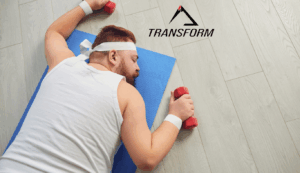The Missing Piece: 4 Reasons Why Recovery is Crucial for Middle-Aged and Older Adults

When we focus on our fitness, most people focus on training harder, lifting heavier, or burning more calories. Yes those are all important BUT there’s one major thing that is often overlooked— recovery! And if you’re in your 40s, 50s, or beyond, recovery isn’t just helpful—it’s incredibly essential.
🧠 Recovery is When You Actually Get Stronger
Training breaks your muscles and body down. Recovery creates a more resilient body and builds it back up. That’s when muscle repair happens, inflammation drops, and your nervous system resets. As we age, this process slows down and it becomes even more important. What used to take 24 hours might now take 48 or even more.
You want to recovery? THINK AGAIN. Not only are you risking injury but you’re not giving your body a chance to adapt. It can also lead to plateaus in your program, chronic pain and frustration about your ”results”.
🔄 Aging Bodies Need Smarter Training
As we get older:
-
Tissue resilience drops
-
Sleep quality may decline
-
Recovery windows lengthen
So should you only train one day, or two? NO! This doesn’t mean you should train less—it means you should train smarter. That means:
-
Programming in rest days (yes, full days off)
-
Alternating high and low-intensity workouts
-
Prioritizing SLEEP and hydration 🙌. Always aim for 7-8 hours of sleep, creating a sleep routine that starts 45 minutes to an hour is optimal. That means no NETFLIX or TIK TOK before bed. Especially if you have a hard time with sleep.
-
Adding mobility and active recovery (walking, yoga, stretching). Its incredible to see many people skipping these.. Think mobility and recovery as a chance for your body to optimize like a car needs fixing to run the next few miles.
- ➡️ 🎯 Check out our Personal training programs and how we can help you build a personalized strength training routine for your goals!
⚠️ Signs You’re Under-Recovering
If you’re feeling any of these, your body may be waving a red flag and might be time to take action:
-
Constant soreness or joint pain
-
Low energy or motivation to train after weeks of consistency
-
Plateauing despite consistent effort
-
Disrupted sleep or mood swings! Sleep is the primary recovery tool for your body, but if your nutrition and stress are not being taken care off, your sleep will suffer! Then it may become a endless cycle of bad sleep which then can cause issues with the other stuff..
🛠️ Recovery Tips That Work
-
Sleep like it’s your job — aim for 7–9 hours!!
-
Fuel right — focus on consistent protein in every meal, anti-inflammatory foods, and hydration.
-
Active recovery days — think walking, light stretching, or cycling.
-
Manage stress — meditation, deep breathing, or unplugging helps recovery. You know what doesn’t help, TIK TOK doom scrolling. Yes get triggered and take better action!
-
Massage, foam rolling, sauna — great additions if you have access. But lets be honest, we all have access to a foam roll. Lets at least get one for the house 😉.
✅ Final Word
You’re not fragile—you’re seasoned. Recovery is how you build longevity. It’s not about doing less; it’s about doing what matters most. Rest is not weakness—it’s smart and strategy.
“When your program or your habits are inconsistent and all over the place so will your results be”
Want help creating a personalized recovery plan that fits your training and age?
Feel free to schedule a no pressure free consultation chat with one of our awesome coaches -> Click Here to schedule
References:
- https://pmc.ncbi.nlm.nih.gov/articles/PMC5932411/
- NASM – Exploring the science of recovery


